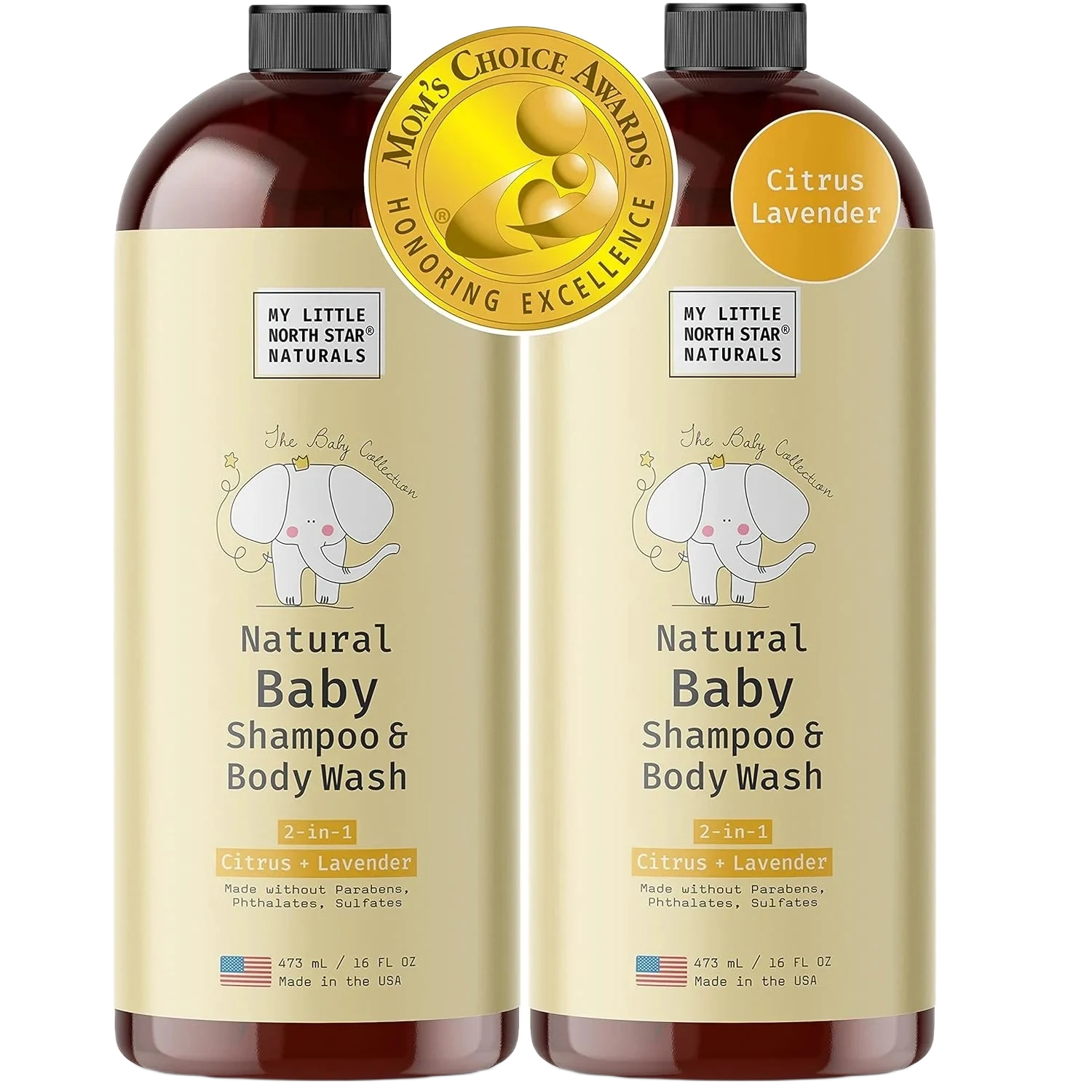Natural Baby Shampoo & Body Wash
shampoo & bodywash & conditioner • For adults • Skin contact 🧴
Product Images
Product Photo

Tap to enlarge
Ingredient List

Tap to enlarge
Is this safe for adults to use Natural Baby Shampoo & Body Wash?
Check for Different Age (6 available)
Ingredients Analysis (25 found)







Common Questions About Natural Baby Shampoo & Body Wash
Adult-safe? Natural Baby Shampoo & Body Wash
Use caution with Natural Baby Shampoo & Body Wash for adults. Some ingredients may pose concerns.
What ingredients should I watch out for?
We analyzed 25 ingredients in Natural Baby Shampoo & Body Wash. 5 caution. Check the detailed analysis above for specific concerns.
When can adults using shampoo & bodywash & conditioner?
The appropriate age depends on the specific ingredients. This analysis is for adults. Use the age selector above to check other ages.
⚠️ Important Disclaimers
Product Recognition: Product names are identified programatically and may be incorrect. Always verify product identity yourself.
Safety Analysis: Evaluations are for research only - consult pediatricians for medical decisions. Do not rely solely on this analysis.
No Guarantees: Results may be incomplete or inaccurate. Do not rely solely on this analysis.